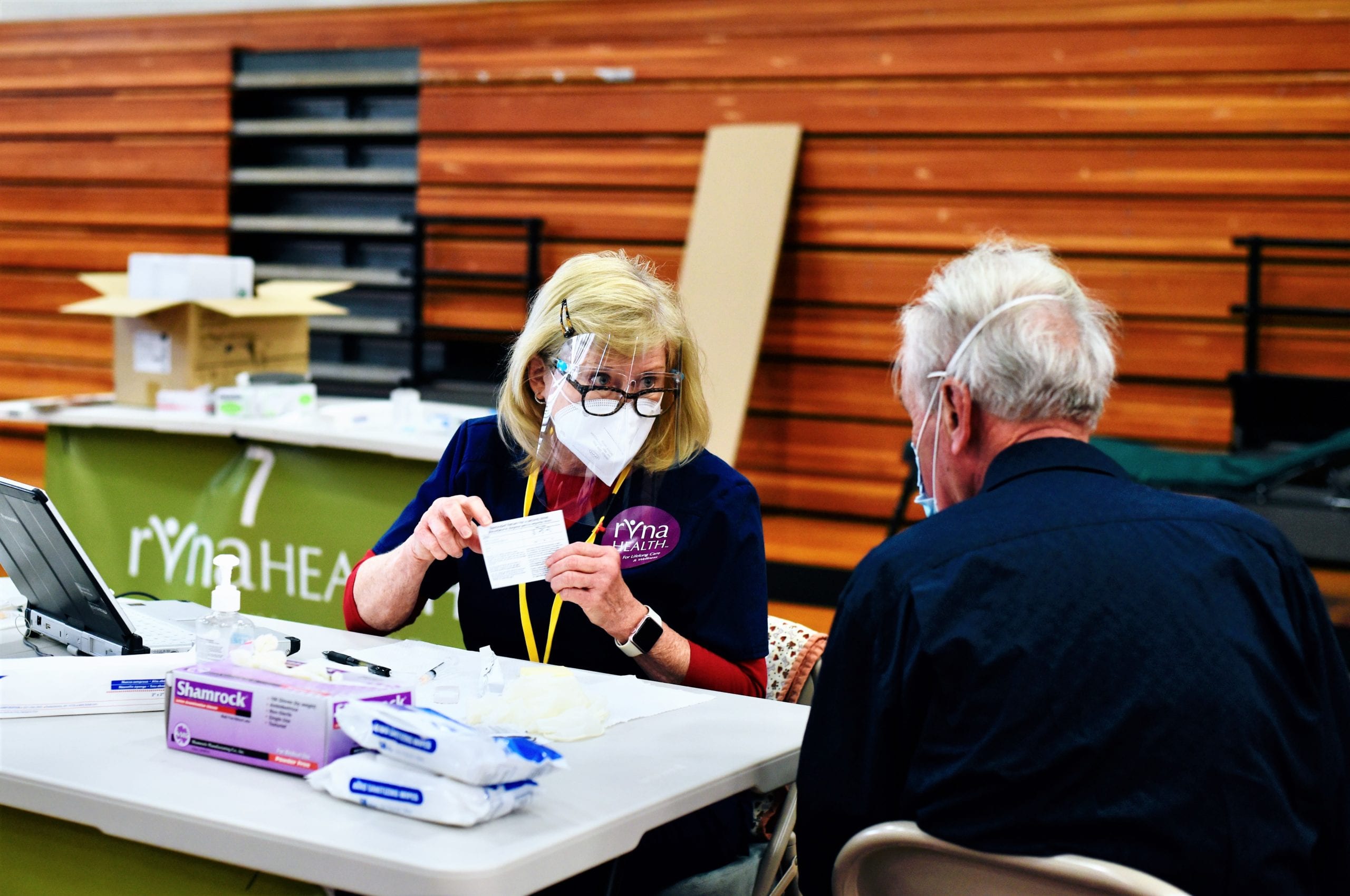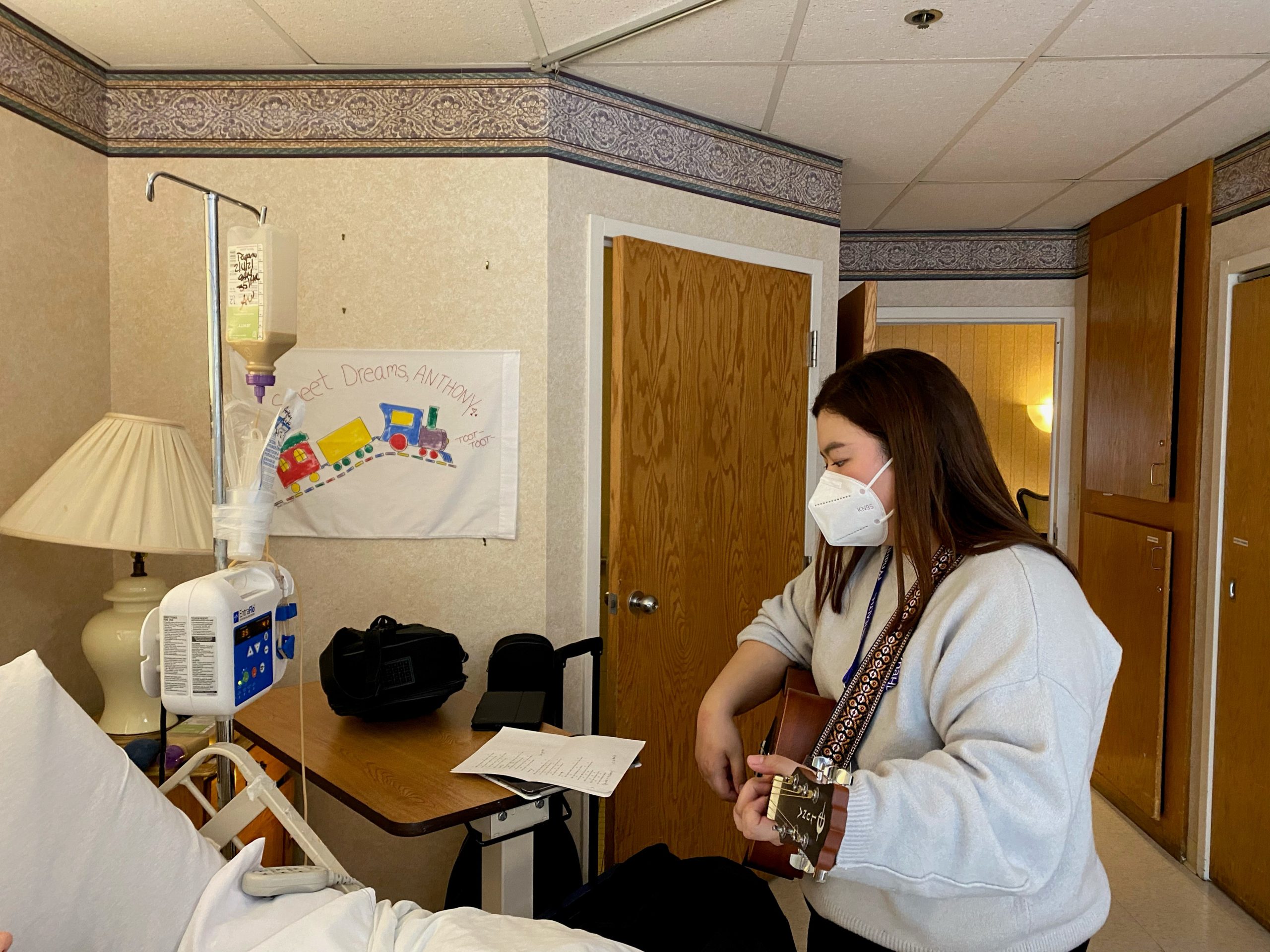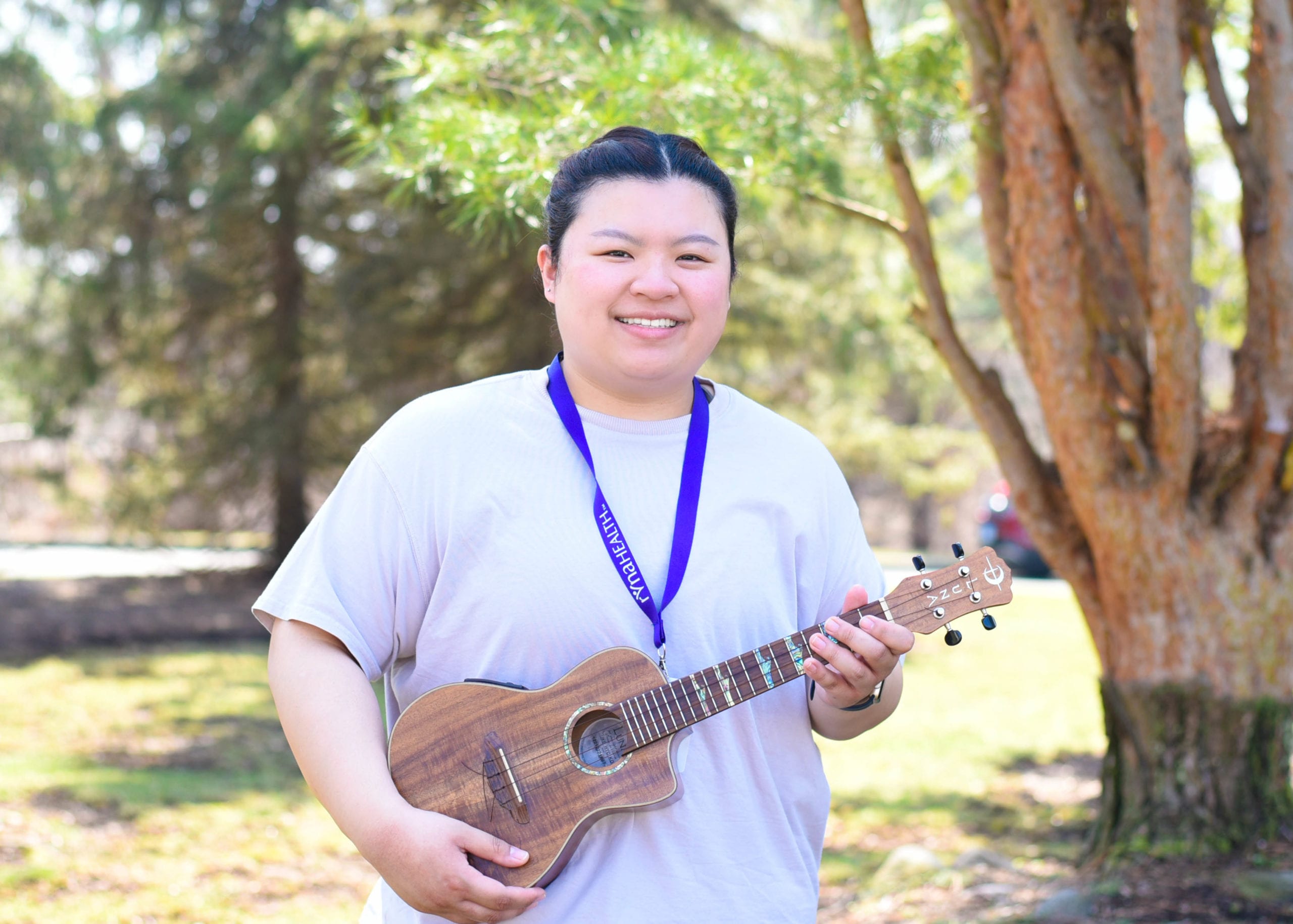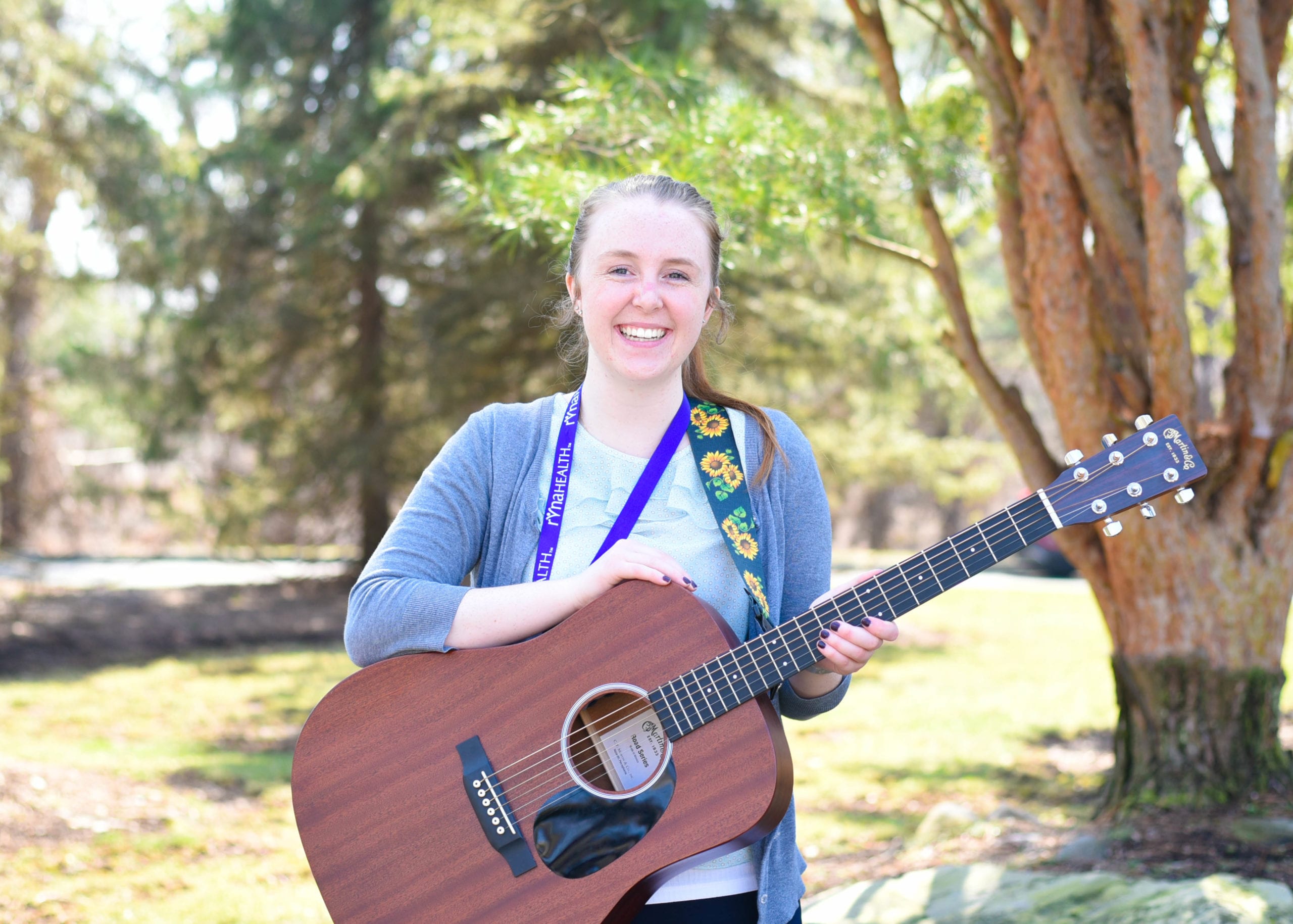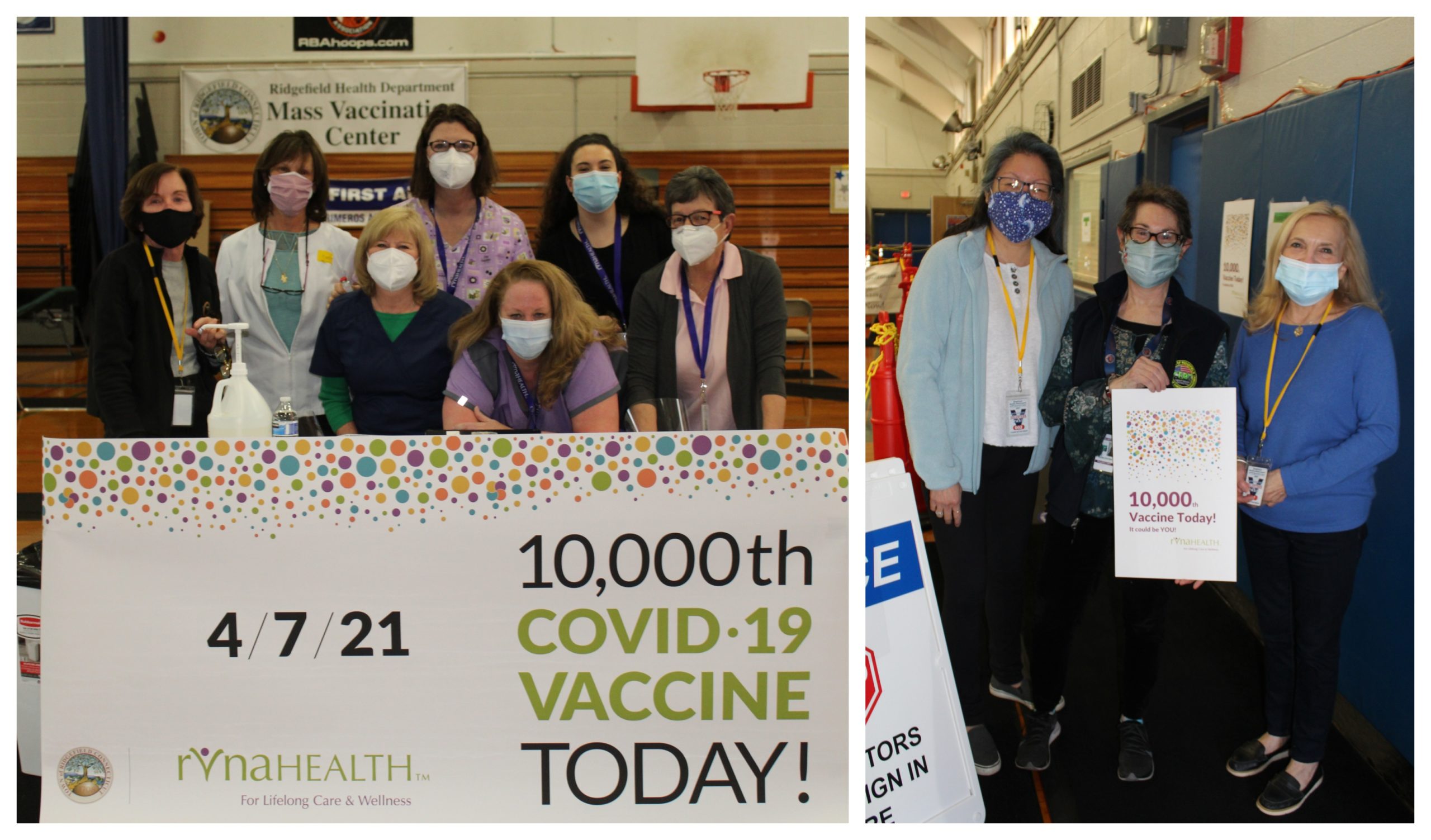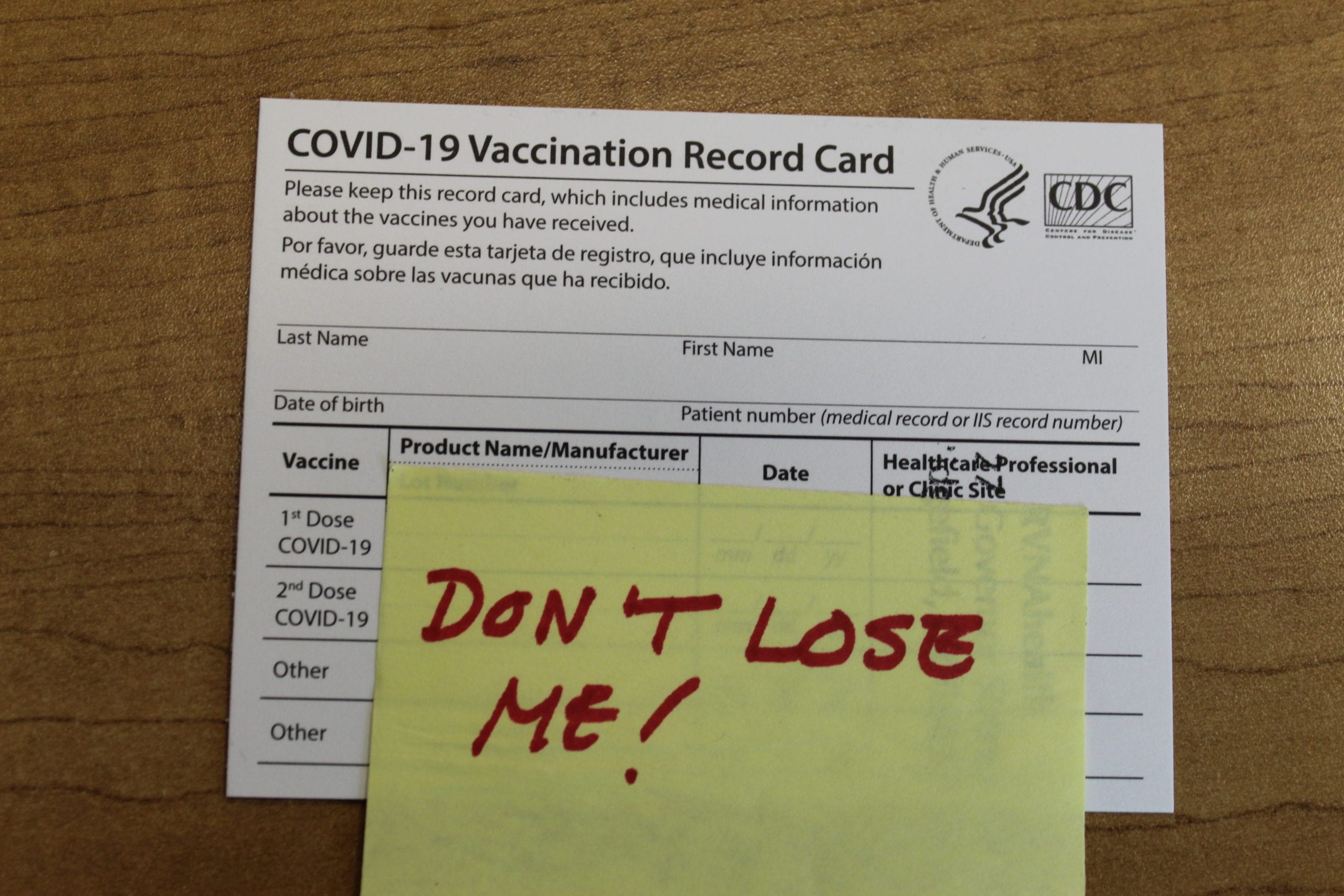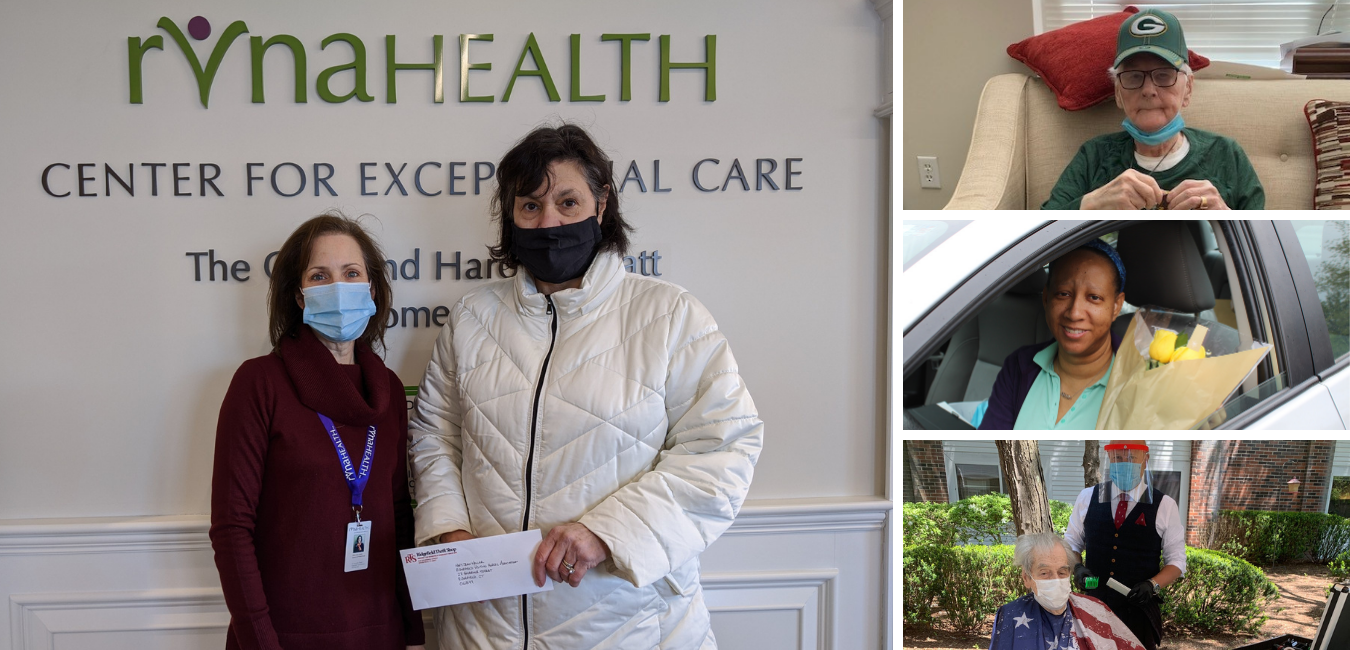Hospice Family Support Volunteers
Meet RVNAhealth Volunteer, Tiffany Lee
Meet RVNAhealth Volunteer, Elise Kohler
And Today Makes 10,000!
The COVID-19 Vaccine While Breastfeeding: How to Decide?
For many, choosing to get the COVID-19 vaccine is a simple one. They have neither undue risks nor conditions, no severe allergies; are not pregnant and have no personal convictions that sway them against getting a vaccine. For this population, it’s just a matter of getting an appointment. But for others, there are serious considerations. One group in particular is breastfeeding moms for whom public health guidance on the COVID-19 vaccine has not been entirely clear or consistent.
“The reason for this,” explains Laura Shulman Cordeira, MPH, Director of Community Health & Wellness at RVNAhealth, “is that the clinical trials for the COVID-19 vaccines currently available in the U.S. (Pfizer, Moderna, J&J) did not include pregnant or breastfeeding moms So, we don’t have perfectly clear data on the safety of COVID-19 vaccines in lactating parents; or the effects on the infant; or the effects on milk production. But that doesn’t mean that there is no information to work from.”
“For example,” explains Cordeira, “we do know that neither mRNA vaccines (Pfizer/Moderna) nor attenuated adenovirus vaccines (J&J) are new “technologies” or “types” of vaccines. We have many years of data on how these vaccine types work, so many of the conclusions and expectations being made for the COVID-19 vaccines are based on knowledge learned from other vaccines of these types. We also know that if one were to get COVID-19 (the virus, not the vaccine), the effects could be long-lasting. And that’s an important consideration too.”


When Cordeira receives inquiries from recent or to-be moms looking for guidance on receiving the vaccine, she offers direction to the science, facts, and data available, so each can make an informed decision – that’s right for them. “As a data-driven, holistically-minded parent myself, I can relate to their challenge,” says Cordeira. “My interest is not to persuade them, but to offer information they might otherwise not be aware of.”
Lesser-Known, but Highly-Legitimate, Resources
Typically Cordeira reminds parents of the standard go-to sites (CDC, FDA, WHO), but she also shares a handful of other resources — websites and articles — where she finds helpful, non-judgmental, non-partisan, data-based and timely information.
Some of Cordeira’s favorites are:
- Dear Pandemic: an interdisciplinary all-woman team of researchers and clinicians with expertise including nursing, mental health, demography, health policy/economics, and epidemiology whose mission is to educate and empower individuals to successfully navigate the COVID-19 “information overwhelm.”
- Your Local Epidemiologist: a webpage hosted by a scientist with a Masters in Public Health and a PhD in Epidemiology and Biostatistics. The purpose of the site is to “close the communication loop” by translating and making science accessible through data-driven and science-driven articles and posts.
- Economist Emily Oster: an economist and writer of books on pregnancy and parenting.
Cordeira also shares topic-specific articles that may help interpret the science and data for those in decision-making mode. On the topic of the COVID-19 vaccine and breastfeeding, she points to the following:
- How mRNA Vaccines Work
- Vaccines: Pregnancy and Lactation Edition
- Antibodies in Breast Milk
- Vaccine and Pregnancy/Breastfeeding
“Breastfeeding moms are only one of the special groups who are weighing the vaccine decision,” says Cordeira. “Part of our public health mission at RVNAhealth is to provide access and direction to education to help individuals understand the vaccine, so they understand the options as they weigh their choices. The good news is that as more time passes, and more of our population are vaccinated, the more data and information on these sub-groups we’ll have. There’s already encouraging evidence that the antibodies (protection) a mom receives from her vaccine can be passed to her baby through her breast milk. Eventually these decisions will get easier to make.”
Taking Care of your COVID-19 Vaccination Card
In the increasingly paperless world in which we live in, the importance of one’s little white vaccination card is a little alarming. Here we offer a compilation of tips for keeping it safe and tracking down a new one if the inevitable occurs.
To start, background.
The vaccination card tells you which COVID-19 vaccine you received, the date you received it, and where you received it. The card was originally intended to remind individuals of the date and time of their second dose appointment, but now it is serving as proof of vaccination, which can score treats such as a Krispy Kreme donut, and may also enable access to events and activities requiring proof of vaccination. There is room on the card for additional information, i.e. booster shots if needed in future years, so it might be best to keep unlaminated for now. (If you’ve already laminated, don’t worry.)
Tips of the Vaccine Trade
- Take a photo of your card. Take one photo after your first dose, and a second photo after your second dose. (Unless you get the Johnson & Johnson vaccine, a single-dose vaccine, in which case one photo will do!) If you’re already fully vaccinated, take a photo now.
- Make a physical copy of the card. (Or two.) You can keep a copy with you, and leave the original in a safe place. (Unless you’re cashing in on your Krispy Kreme donut, which requires the original.)
- Contact your primary care provider and make arrangements to send them a copy for your official vaccination records.
- If you can, proactively help your parents, grandparents and elderly friends and relatives make digital copies of their vaccination cards and send it to their health care providers, too.
- Don’t share your card digitally, as it contains personal information and is uniquely yours.
OK. You’ve Gone and Done It. You’ve Lost Your Card. (Or Never Received One in the First Place.)
That’s OK. You’re not the first, and you won’t be the last. If you lose your card, you should contact the place you received your vaccination and ask for a replacement.
If you did not receive a COVID-19 vaccination card at your appointment, the CDC recommends that you contact the vaccination provider site where you got vaccinated or your state health department to find out how you can get a card. All COVID-19 vaccination providers are required to report data within 72 hours in their state’s immunization system, so there should be a back-up record of your vaccination status there. The CDC has provided a list of the Immunization Information System (IIS) in each state, which is where to start if you need a replacement card and either can’t remember where you were vaccinated or have difficulty contacting the facility.
If you were vaccinated at a pharmacy chain, ask if you can have a digital copy of your vaccination record.

